Client Overview
In the rapidly evolving electric vehicle (EV) industry, a leading company in the EV charging network sector embarked on a significant expansion. This expansion aimed to integrate advanced fleet charging capabilities into their already extensive network of charging stations, marking a critical phase of growth and transformation.
Challenge
The expansion introduced complex challenges, particularly the integration of multiple critical systems: Driivz for management, Reportal for analytics, and a user-focused mobile app, all requiring seamless interaction with the core Apollo GraphQL. A crucial aspect of this expansion was the need for comprehensive quality assurance testing to ensure error-free integration. This need presented not only a technical challenge but also a business imperative, as any disruption or failure in the system could significantly impact customer trust and the company’s market reputation.
Solution
Approach: Our team conducted an in-depth analysis of the client’s existing systems and organized their extensive test cases using TestRail, a test case management tool.
Implementation
Test Case Automation
We automated approximately 80% of the test cases with CodeceptJS. This approach streamlined regression and smoke testing, ensuring seamless integration of new updates.
Performance Testing
Performance testing was conducted using K6, a JavaScript tool, to ensure the system’s robustness under high loads and its ability to meet both current and future demands.
Business Results
- Operational Efficiency Leap: The automation of test cases led to significant improvements in operational efficiency, reducing manual efforts and accelerating testing cycles.
- Deployment Success: A 90% success rate in deploying improvements highlighted the enhanced reliability of the system and ease in rolling out new features.
- System Stability Reinforcement: Addressing a major architectural issue strengthened the overall system stability, preparing the network for future challenges.
- User Experience Enhancement: The mobile app rating increased dramatically from 1.8 to 4.6, indicating enhanced user interface and functionality, and thus, increased customer satisfaction.
- Comprehensive Quality Assurance: The documentation of over 2,000 test cases provided a thorough basis for ongoing system evaluation and improvements.
Nick Keene, Software QA Manager at EVgo, shared insights on their collaboration with ⋮IWConnect in a recent interview. Highlighting the impact of automation, streamlined frameworks, and CI/CD strategies, he emphasized how this partnership transformed their software development approach:
“Our three-year collaboration with ⋮IWConnect has been instrumental in revolutionizing our testing strategy. By unifying our automation framework across frontend, mobile, and backend testing, we significantly enhanced efficiency and accelerated product releases. Their expertise in TypeScript integration, CI/CD, and DevOps has played a key role in ensuring seamless software delivery. Working with a proactive and innovative team like ⋮IWConnect made all the difference.”
For a deeper dive into EVgo’s tech evolution and insights from Nick Keene, watch the full interview here.
Impact Summary
The implementation of our solutions significantly reduced both business and technical risks, as evidenced by the elimination of release defects and improvements in code quality and API performance. These advances contributed to enhanced system robustness and customer satisfaction.
Conclusion
With these improvements, the client is now well-positioned for continued growth and success in the competitive EV charging network market. The significant enhancements in operational efficiency, system stability, and customer experience lay a strong foundation for future expansions and innovations.
These achievements bolster the client’s market position and reinforce its reputation as a leader in technological advancement and customer-centric service.

